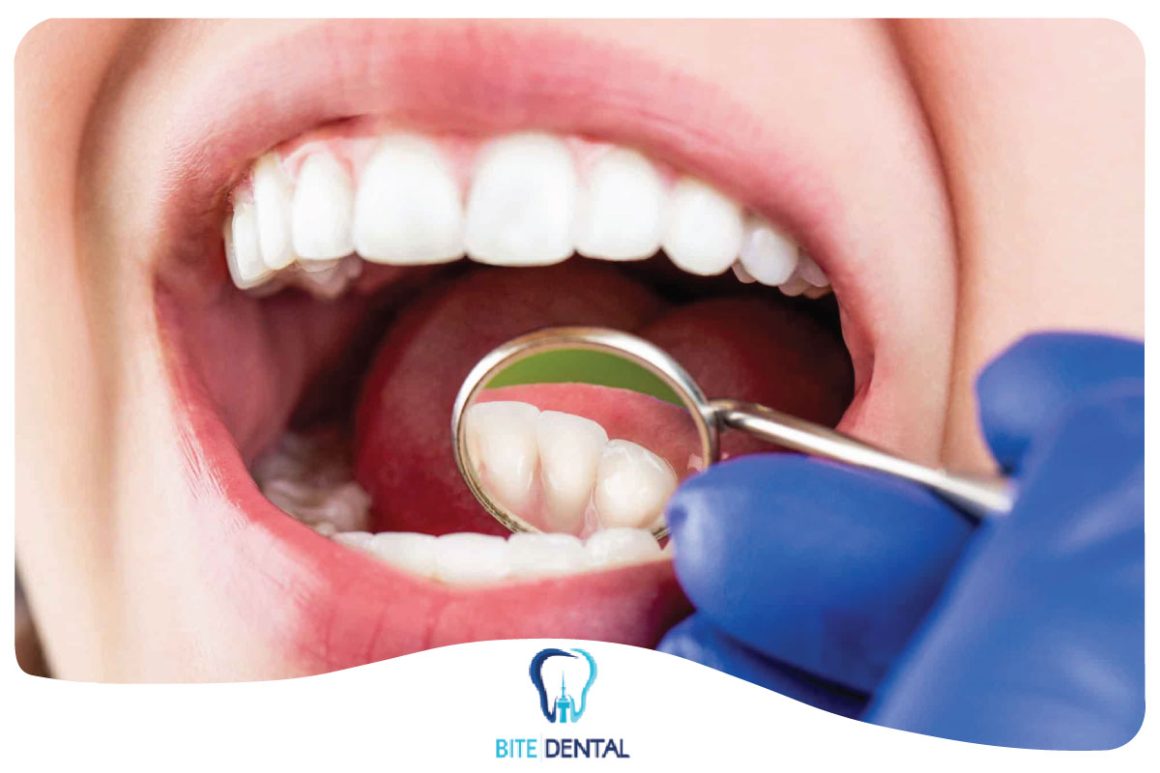Mastering Oral Health: The Essential Guide to General Dentistry
We have all heard the saying, “It’s better to be safe than sorry.” This proverb is particularly true when it comes to dental care. Sometimes, the cost, time, and effort required to fix or correct dental issues can be substantial. Therefore, it’s better to prevent any problems from arising in our mouths. In such cases, general dentistry is all we need.
Regular appointments with a general dentist can help prevent oral and dental problems. We should visit the dental clinic and, with minimal expense, ensure the health of our mouths and teeth.
Understanding General Dentistry
General dentistry encompasses diagnosing, preventing, and treating various oral health issues. General dentists handle routine checkups, examinations, cleanings, and restorations. They create personalized dental hygiene plans for their patients, including teeth cleaning, scaling, and X-rays.
A key aspect of general dentistry is disease prevention. Regular checkups and diagnostic tools enable general dentists to detect and address problems early. Depending on your specific condition, you might be referred to a specialist.
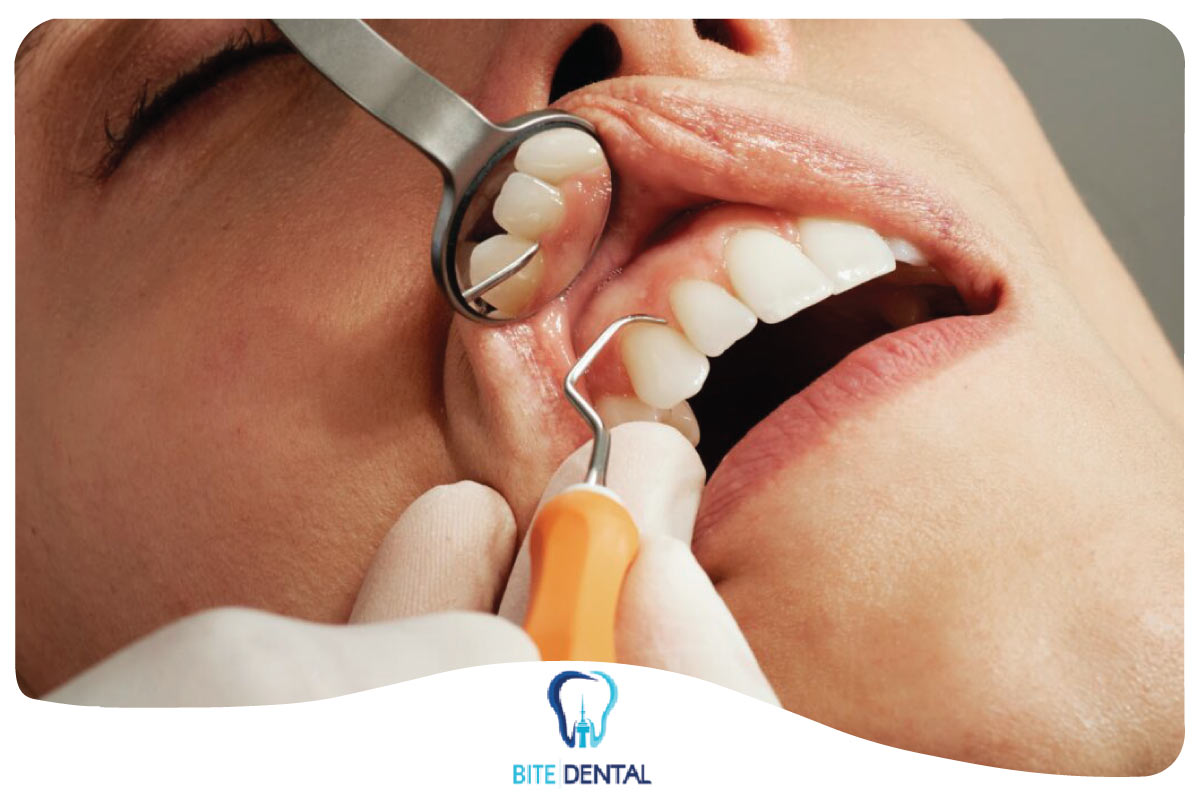
Common General Dentistry Services
Here are some of the most frequent treatments provided in general dentistry:
Dental Exams:
A dental exam is part of your routine checkup. During a visit, you typically receive three services: a dental cleaning to remove plaque buildup and sometimes x-rays to evaluate the condition of your teeth.

Teeth Cleanings:
A dentist or hygienist removes bacteria, plaque, and tartar from your teeth. Preventive services like sealants and fluoride treatments may also be provided.

X-rays:
Dental X-rays help evaluate oral health by using low radiation levels to identify cavities, tooth decay, and impacted teeth.
Oral Cancer Screenings:
Regular visits to your dentist can help detect oral cancer early. Your dentist will check for signs of cancer or precancerous conditions, increasing the chances of successful treatment.
Cavity Fillings:
Fillings treat cavities by removing decayed tooth tissue and filling the space with materials like tooth-colored composites or silver amalgam.
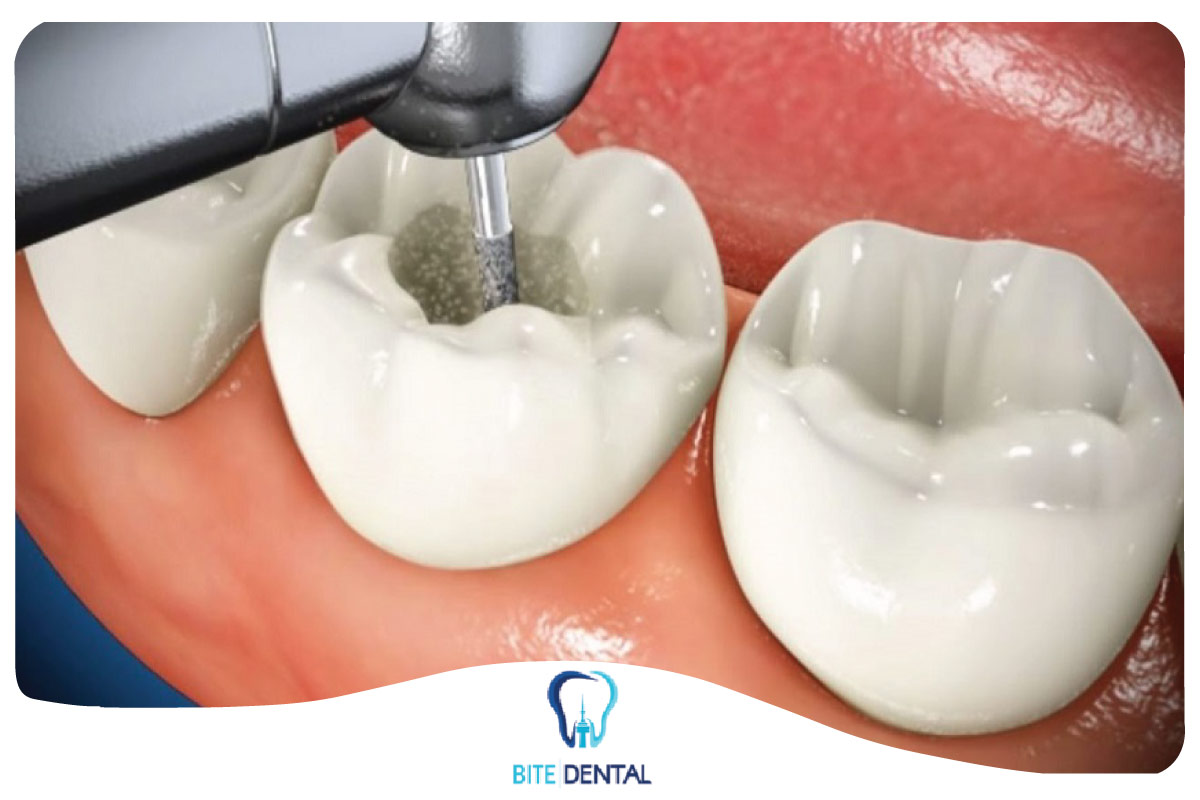
Inlays and Onlays:
These indirect fillings, made from gold, porcelain, or composite materials, are bonded to the tooth. Inlays fit within the tooth, while onlays cover a larger area, preserving more healthy tooth structure than crowns.
Fluoride Treatment:
Fluoride is highly effective in strengthening enamel and reducing cavity risk. It integrates into the tooth structure during development, enhancing the enamel and making teeth more resistant to bacteria and decay. Fluoride can slow and even reverse the progression of cavities by inhibiting the bacteria that cause them.
Tooth Sealants:
Sealants are thin layers placed on the chewing surfaces of molars to prevent cavities by sealing grooves where food and bacteria can gather.
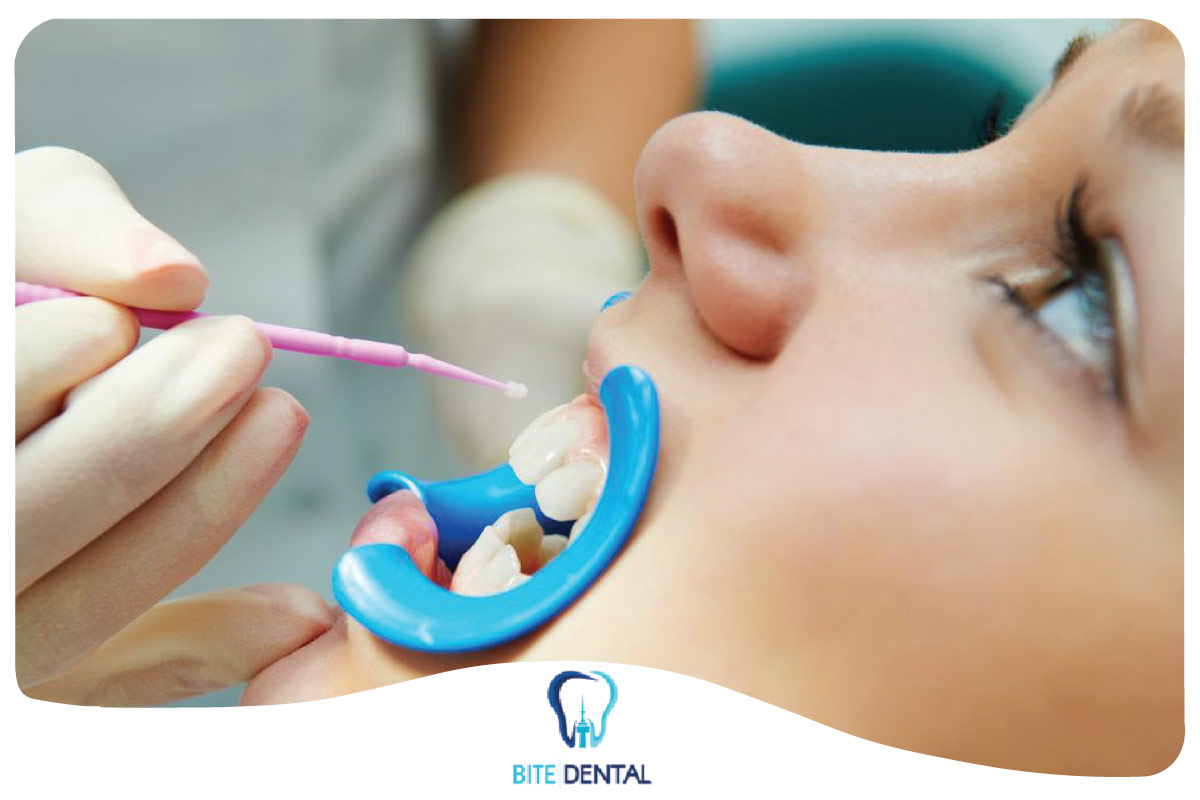
Bridgework:
Bridgework creates a dental bridge to replace missing teeth. Anchored to adjacent teeth with crowns, it provides a permanent solution.
Gingivitis Treatment:
Gingivitis is an early stage of gum disease characterized by gum infection. Treatment includes thorough cleaning to remove bacteria, plaque, and tartar.
Orthodontics (Braces and Clear Aligners):
Orthodontics addresses misaligned teeth and jaws, bite patterns, and facial growth. Treatments include braces and clear aligners.
Custom Mouth Guards:
Mouth guardsprotect teeth and gums from injury, grinding, and sleep apnea. They can be store-bought or custom-made by a dentist.
Dentures:
Dentures are artificial replacements for missing teeth. Conventional dentures are removable, but some attach to teeth or implants using bonding or clasps.
Temporomandibular Joint Disorder (TMD) Treatment:
Temporomandibular Joint Disorder (TMD) involves pain and dysfunction in the jaw joint and muscles. General dentistry offers treatments for these conditions.
Root Canal Treatment:
Root canaltherapy treats infections inside the tooth, usually painlessly, and can save a tooth from extraction. Symptoms may include tooth pain, swollen gums, and tooth discoloration.
Sleep Apnea Treatment:
Sleep apnea causes breathing interruptions during sleep, leading to frequent awakenings. Proper treatment can manage the condition and prevent complications.
Teeth Whitening:
Teeth whiteningenhances your smile by using bleaching and UV light therapy to brighten natural teeth.
Cosmetic Dentistry:
Cosmetic dentistryimproves the appearance of gums, teeth, and bites. Services include whitening, contouring, shaping, and veneers.
Porcelain Veneers:
Porcelain veneers are custom-made, wafer-thin shells covering the teeth’ front surface. They alter teeth’ color, shape, size, or length, significantly improving their cosmetic.
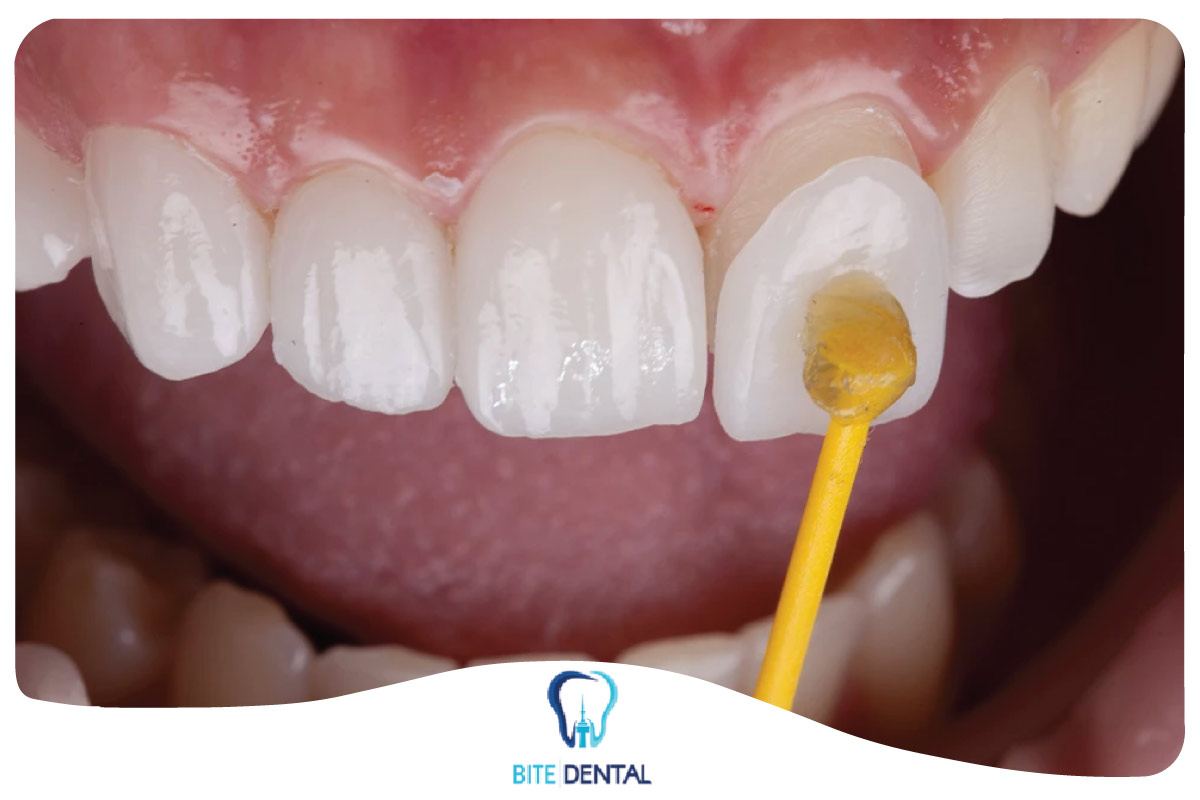
Wisdom Tooth Removal:
Wisdom tooth extraction is a surgical process to remove one or more of the four permanent adult teeth situated at the back of the mouth. If these teeth, known as third molars, do not have room to grow, they can become impacted.
Tooth Extractions:
Tooth extraction involves taking a tooth out of its gum socket. This procedure, commonly performed on molars and troublesome teeth, can be done by a general dentist, oral surgeon, or periodontist.
Oral Surgery:
Oral surgery includes any procedure on teeth, gums, jaws, or other structures. This can involve extractions, implants, gum grafts, and jaw surgeries, typically performed by oral and maxillofacial surgeons or periodontists.
Treatment of Gum Disease:
Gum disease treatment varies based on the disease stage and overall health. Nonsurgical treatments include scaling, root planing, and antibiotics, while surgical options encompass pocket reduction surgery and guided tissue regeneration.
Pediatric Dentistry:
Pediatric dentistry offers oral health care for infants, children, and teenagers, providing preventive and therapeutic services designed for young patients.
What to Expect During Your First Visit to Bite Dental
You will receive a thorough examination, consultation, and cleaning during your initial general dentistry visit. This involves:
- Teeth Evaluation:Assessing the condition of your teeth.
- Gum and Bone Health Check:Examining your gums and bone structure.
- Dental X-Rays:Identifying hidden issues.
- Diagnostic Photos:Detailed visual examination.
- Oral Cancer Screening:Detecting signs of cancer or precancerous conditions.
- Scaling, Polishing, and Fluoride Treatment:Cleaning and protecting your teeth.
conclusion
It is crucial to see your general dentist at least every six months for cleanings and exams. Regular checkups are key to preventing oral diseases, as many conditions become painful only when severe. If you observe any problems, contact us right away. Our dentists might suggest more frequent visits, possibly every three months, based on your oral health. It is important to adhere to your dentist’s advised schedule.
Our clinic is in downtown Toronto, so you can visit our downtown dentistry easily anytime and ensure your oral health.

